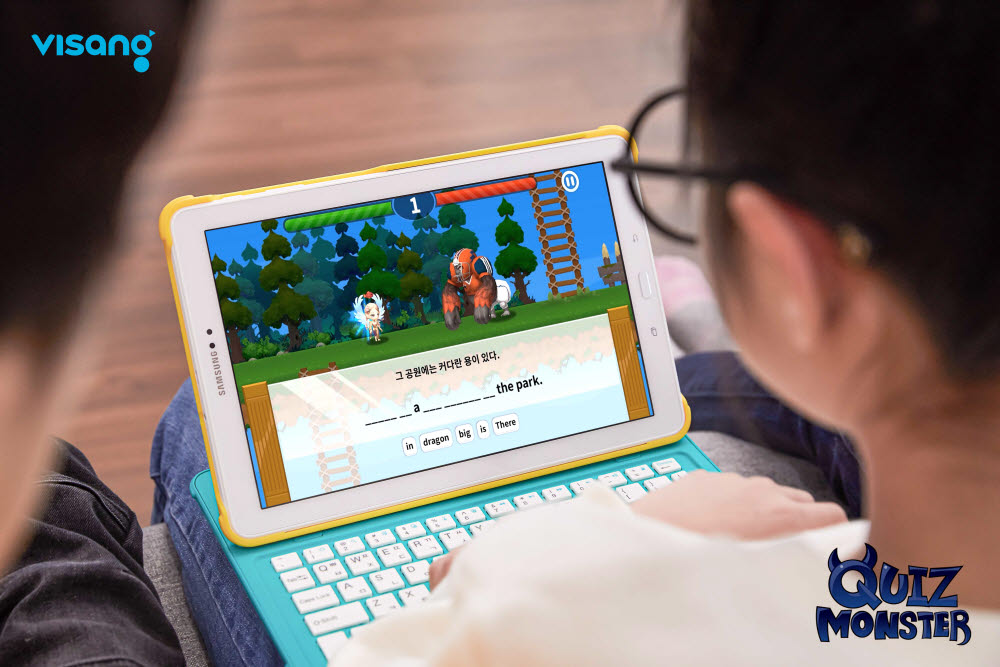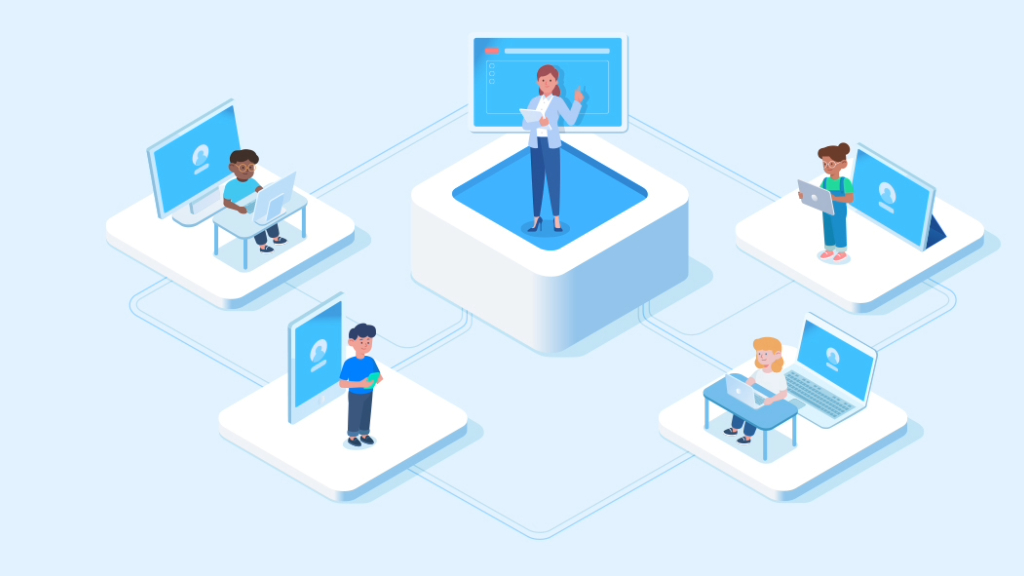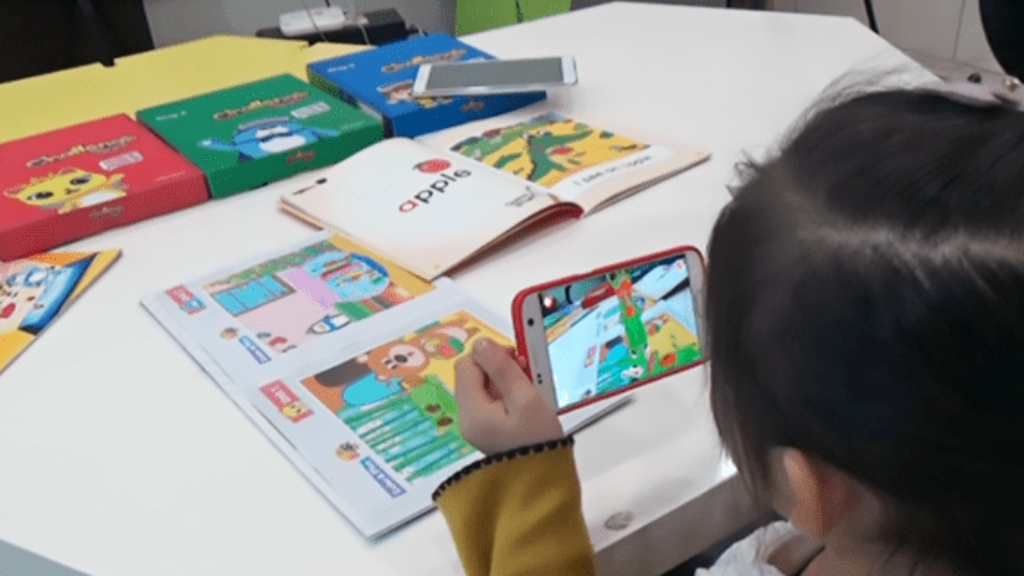My brother, an elementary school teacher, gave me a link to ‘ZEPETO’ via IM and told me to access it a few days back. ZEPETO is a EdTech metaverse augmented reality (AR) avatar service operated by Naver Z Corp. And a few days later, my brother sent me another link to ‘ifland,’ a newly emerging metaverse platform, where he practiced hard to give a smooth online class to the students through various platforms. I went to school to cheer up my brother, who was eager to prepare for class, even on the weekends.
Sitting on the side of the classroom, the desk is fully equipped for digital lessons, including dual monitors, computers, tablet PCs, webcams, and even electronic blackboards. The school has a relatively good Wi-Fi connection and device support considering the classroom is located in Seoul.
Smart devices were considered emotionally harmful to children and also only a tool to play games for teenagers, which are now indispensable learning devices and convenient means of communication, even just a few years ago. Digital natives in education are using devices significantly, and the speed of device dissemination in the classroom is developing fast.
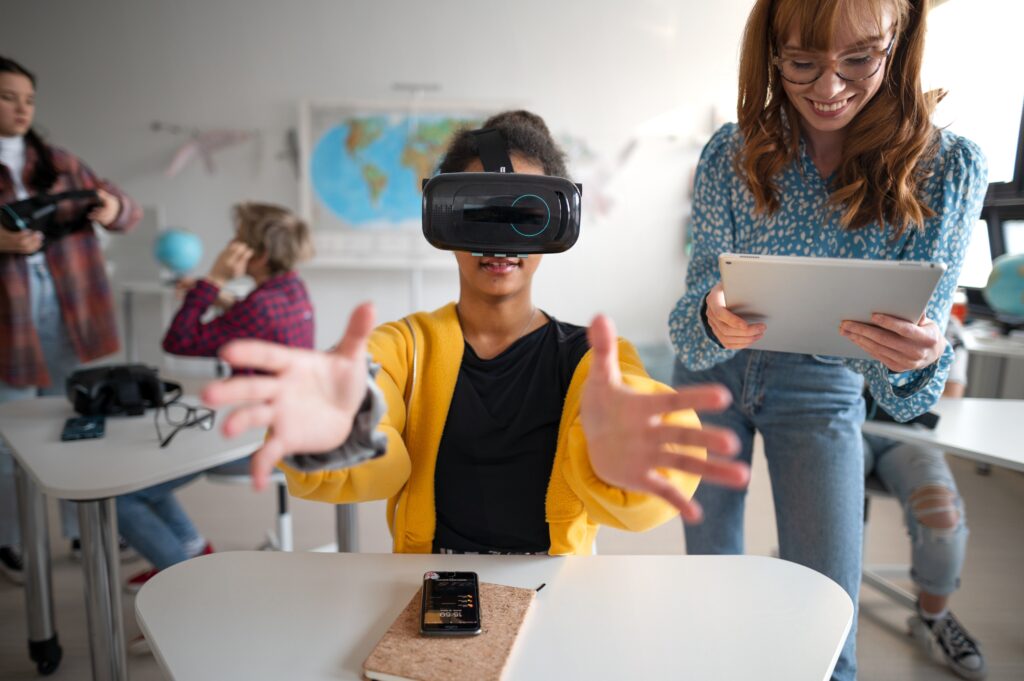
My brother was sweating out preparing for the class using the metaverse platforms. The education industry is also in a hurry, not to mention schools. That is because we know that children need to gather together online for the time being, and one-way online classes, almost the same as if they moved the classroom as a whole, are not suitable to make children focus, which decreases the effect of learning.
While trying out various online learning methods, among which classes using the metaverse platform have recently been issued, the teachers are training. My brother complained it was difficult because he was not used to accessing the metaverse platform and using the mouse or arrow keys to move his avatar, so he could not move as fast as he wanted.
The iPad made its first debut in the world in early 2010; Since 2011, EdTech’s journey in South Korea has continued to grow steadily, which was further accelerated by the COVID-19 pandemic as South Korea pursued a ‘smart education promotion strategy.’ EdTech technology utilizing new technologies such as artificial intelligence (AI), metaverse, as well as virtual reality (VR), AR, and extended reality (XR), is continuing to expand in the current education industries. A new EdTech technology is pouring into the field, where the teachers in the scene haven’t even finished how to learn the one before, just adding up confusion to not only the teachers but also the students and even the parents who are struggling to master them.
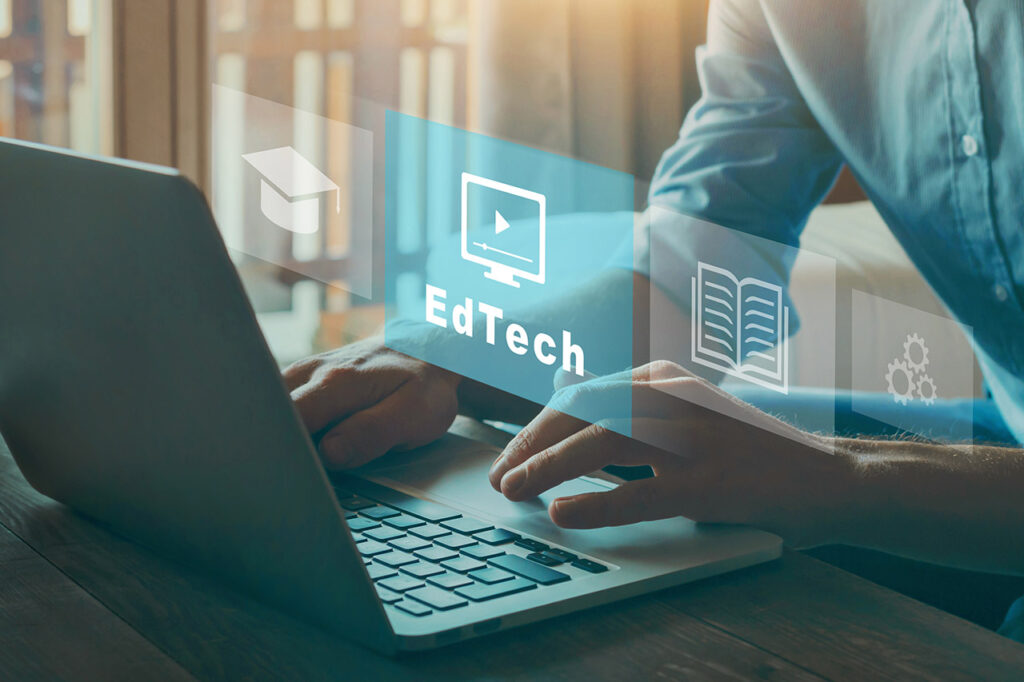
It is necessary to see the difference between education and technology convergence from an educational field perspective. Everybody strongly agrees that the one-way teaching method needs to be changed by thinking thoroughly about transforming the class contents more qualitatively. Also, it is for sure that the learning environment changes when combined with technology development.
However, the education stakeholders who follow trends rather than the demands from the education field to should start to move away from the self-satisfying tradition. The educational content cannot be solely based on technical perspectives or recent trends. EdTech needs to show how technology is best integrated into learning and guide the teachers fully so that the children can focus more in class.
Visang Education Inc. commercializes interactive learning methods using tablet PCs for kindergarten/elementary school students through extensive research. Visang enables a natural learning experience by dissolving VR and AR techniques in the teaching/learning design. Visang Education EdTech is well aware of the usefulness and value of changing education. The belief to “Start from a workplace to go beyond the workplace” reflects authenticity, and we strive to create an educational platform that uses technology as necessary content.

